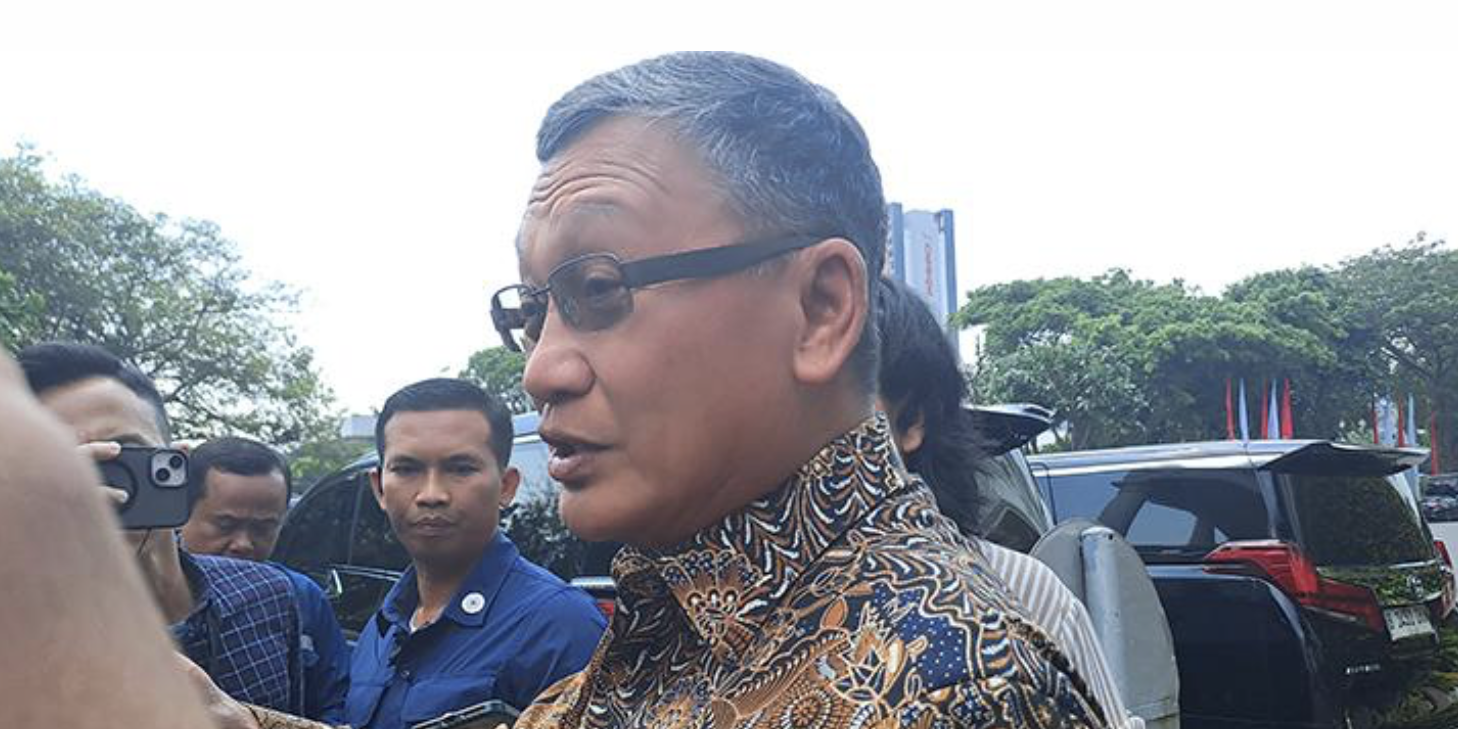Indonesia is set to transition to the use of B40 biodiesel, which incorporates 40% palm oil, starting next year.
This shift will replace the current B35 blend, which consists of 35% palm oil-based biodiesel. As the largest producer of palm oil globally, Indonesia aims to enhance its biodiesel blend to reduce energy imports and boost domestic consumption of palm oil.
The energy ministry anticipates that the move to B40 could significantly increase overall biodiesel consumption, potentially reaching up to 16 million kiloliters in the coming year.
This transition is part of Indonesia’s broader strategy to leverage its abundant palm oil resources for energy needs, thereby decreasing reliance on imported fuels and supporting the national economy.
Earlier this week, the energy ministry conducted a successful trial of the B40 biodiesel blend, using it in a train for the first time.
This marks a significant milestone in the country’s biodiesel testing phase. In addition to rail transportation, the ministry plans to expand the testing of B40 biodiesel throughout this year to include agricultural machinery, power plants, and the shipping industry.
These trials are designed to ensure the blend’s performance and suitability across various sectors before its widespread implementation.
Source: Biofuels International
Disclaimer
This article may contain copyrighted material, the use of which may not have been pre-authorized by the copyright owner. This material is made available for the purpose of giving information and knowledge. The material contained on the Astra Agro website distributed without profit. If you are interested in using copyrighted material from this material for any reason that goes beyond ‘fair use’, you must first obtain permission from the original source










